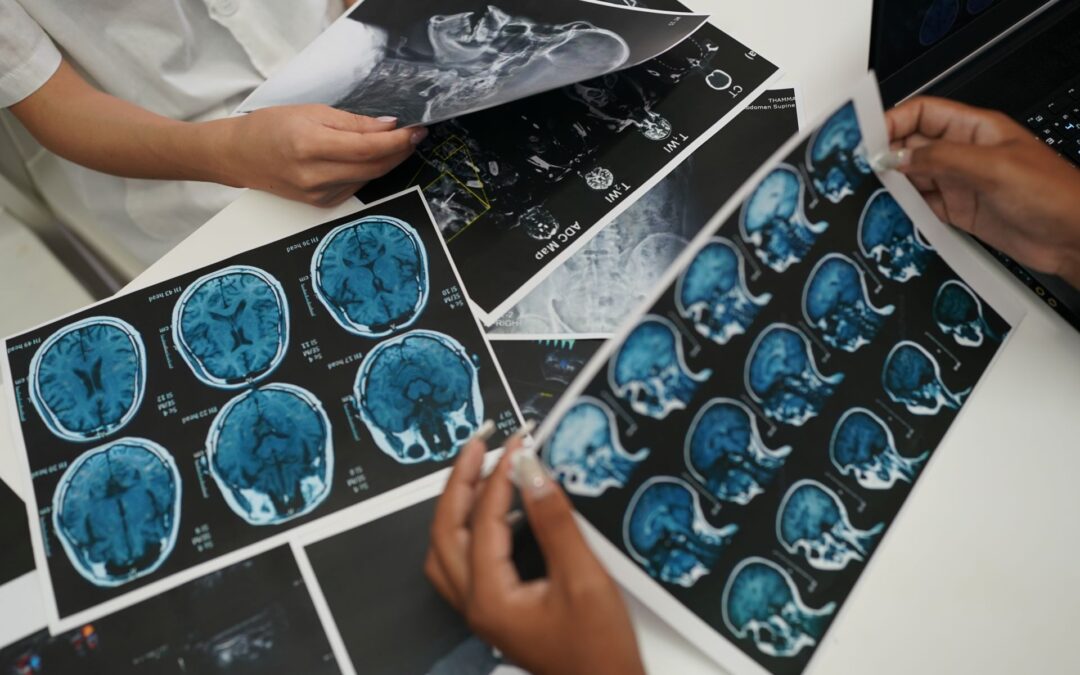In the intricate field of forensic science and medical examination, the specificity and focus provided by brain-only autopsies are invaluable. This specialized autopsy type, concentrating solely on the brain, is utilized under circumstances where understanding neurological conditions or injuries is crucial. Establishing cause of death, investigating neurological diseases, or conducting academic research are predominant reasons for this focused procedure. At our organization, we acknowledge the critical nature of these autopsies and are committed to executing them with the highest precision and respect.
Brain-only autopsies allow us to delve deeply into the brain’s anatomy and pathology without the need to examine the entire body. This is particularly advantageous when conditions such as Alzheimer’s disease, Parkinson’s disease, or other neurodegenerative disorders are suspected. By concentrating our resources and expertise on the brain, we are able to gather detailed information that can lead to better understanding and advancements in treating these complex diseases.
Navigating through a brain-only autopsy requires not only specialized knowledge and tools but also a profound sense of duty to both science and the families involved. Our practice is built on a foundation of trust and precision, ensuring that every autopsy we conduct provides not only answers but also contributes to the broader scope of medical research and forensic investigation.
What Is a Brain-Only Autopsy and When Is It Performed?
A brain-only autopsy, as the name suggests, focuses exclusively on the examination of the brain to pinpoint neurological causes of death or contribute to ongoing research related to brain diseases. We often undertake such autopsies in situations where neurological conditions such as Alzheimer’s, Parkinson’s, or other neurodegenerative diseases are suspected to have played a significant role in the individual’s health decline and eventual death. This specialized autopsy may also be requested in cases of sudden deaths where a neurologic cause is presumed, offering targeted insights that broader autopsies may not as readily provide.
Choosing to perform a brain-only autopsy can be driven by several factors, including initial clinical findings, family history, or specific requests from medical research institutes aiming to gather data on a particular neurological condition. In this focused procedure, we adhere to stringent protocols to ensure that comprehensive data is extracted, which can significantly aid families in understanding inherited conditions, and researchers in developing treatments or preventive measures for neurologic diseases.
Technical Procedures Involved in Conducting Brain-Only Autopsies
Conducting a brain-only autopsy requires meticulous precision and adherence to specialized procedures. The process begins with the careful removal of the brain from the cranial cavity. We use specific techniques to ensure that the structure of the brain is maintained, providing a full, uninhibited view of the brain’s anatomy and any potential anomalies. Following its extraction, the brain is typically preserved in a formaldehyde solution, which helps to fix the tissue and make it easier to slice into sections for detailed examination.
Each slice is thoroughly examined under a microscope by our expert neuropathologists who look for signs of disease, abnormalities, or any changes that could explain neurological symptoms or contribute to the cause of death. This level of detail not only supports precise medical diagnoses but also contributes valuable data to the scientific community, enhancing our understanding of various brain conditions. Moreover, the procedures we follow are designed to maximize the information garnered from the autopsy while minimizing tissue damage, ensuring that every analysis we conduct delivers insightful and actionable results.
Key Insights Gained from Brain-Only Autopsies in Neurological Research
Brain-only autopsies have become instrumental in advancing our understanding of various neurological disorders. Through these focused examinations, we have been able to identify subtle pathological changes that occur in the brain, which often go unnoticed in clinical settings. These insights are crucial for developing a deeper understanding of diseases such as Alzheimer’s, Parkinson’s, and other neurodegenerative disorders. For instance, the analysis of brain tissue can reveal the presence of specific proteins associated with Alzheimer’s disease, like amyloid plaques and tau tangles, providing concrete evidence of the disease’s progression that can be correlated with clinical symptoms.
Moreover, brain-only autopsies contribute significantly to research databases that scientists and doctors use worldwide to further their studies and refine their treatment strategies. They help establish a more robust correlation between clinical neurology and neuropathology, thus enhancing diagnostic accuracy and therapeutic approaches. This direct impact on both patient care and preventive strategies showcases the intrinsic value of conducting such specialized autopsies within the broader medical and research communities.
Comparative Analysis: Brain-Only Autopsy Versus Full Autopsy
When comparing a brain-only autopsy with a full autopsy, several key differences highlight the unique value each brings to forensic and medical science. While a full autopsy is comprehensive, examining all organs and tissues, a brain-only autopsy is specifically tailored to answer questions about the brain and nervous system. This focus allows for a much more detailed examination of the brain than would typically be conducted during a full autopsy, where the neuropathological examination might be less thorough due to the broad range of analysis required.
The specificity of brain-only autopsies makes them especially valuable in cases where neurological symptoms were apparent before death, or where a hereditary brain condition is suspected. They are also less invasive and can be more acceptable to families who may be hesitant about a full autopsy for personal or cultural reasons. However, it’s important to note that while brain-only autopsies provide deep insights into neurological conditions, they may overlook other potential causes of death or contributing factors, which a full autopsy might reveal.
Conclusion
At 1-800-Autopsy, we are dedicated to providing detailed and respectful autopsy services tailored to the needs of families, medical professionals, and researchers. Whether a full autopsy or a brain-only examination is required, our goal remains the same: to deliver precise, compassionate, and actionable findings. Understanding the intricacies of various autopsy procedures helps us ensure that we’re not only answering the pressing questions surrounding a loved one’s passing but also contributing to the broader realm of medical science, one case at a time.
If you or someone you know is in need of expert autopsy services, don’t hesitate to reach out to us. At 1-800-Autopsy, we are here to provide clarity and closure through our professional, meticulous, and sensitive approach to each case.








